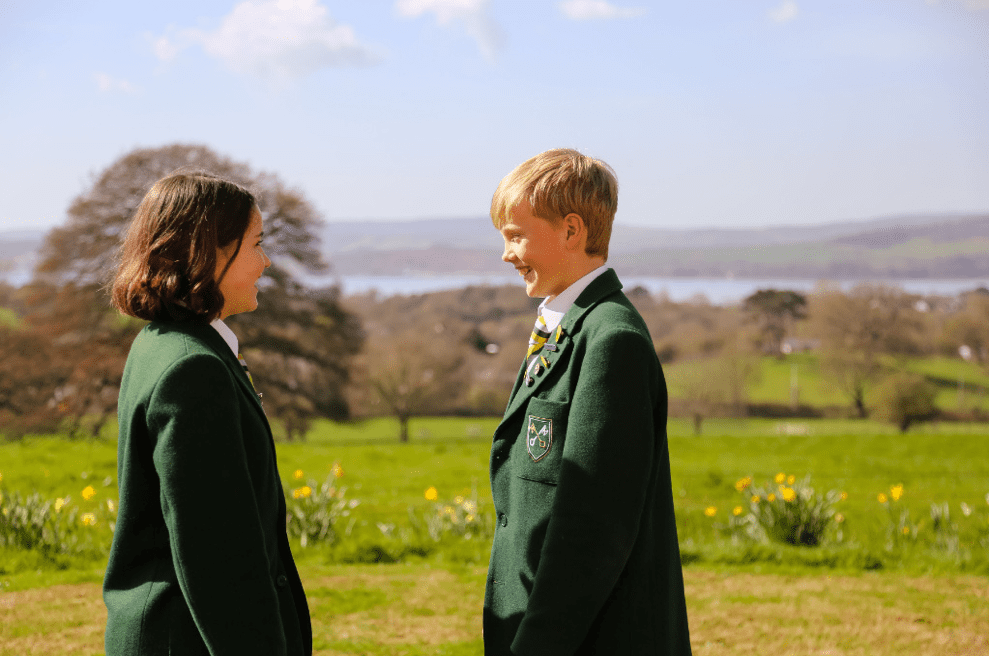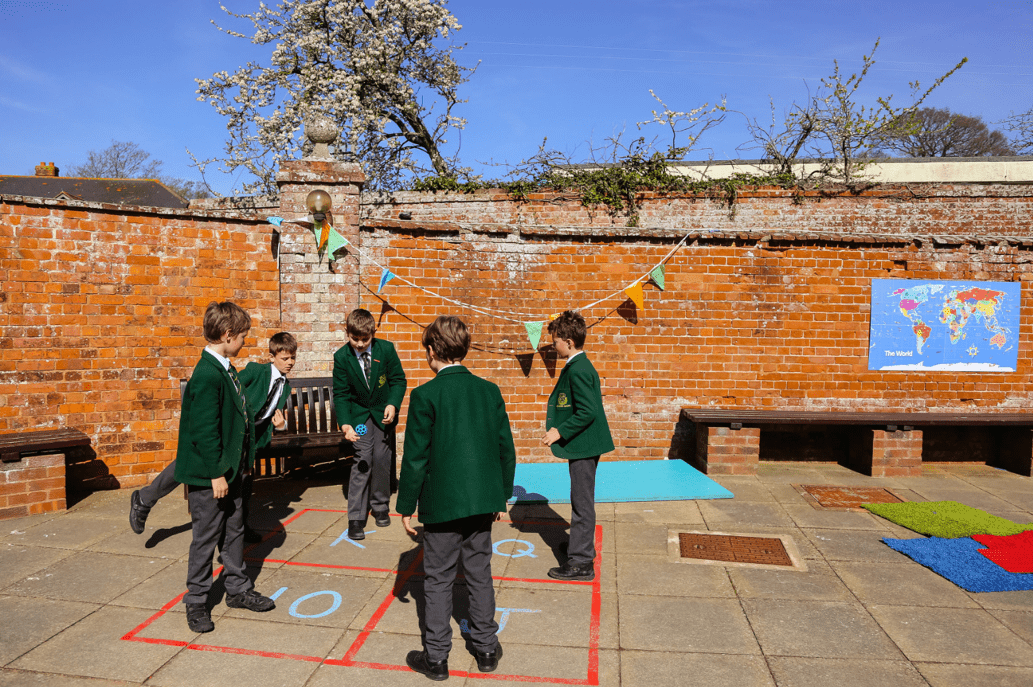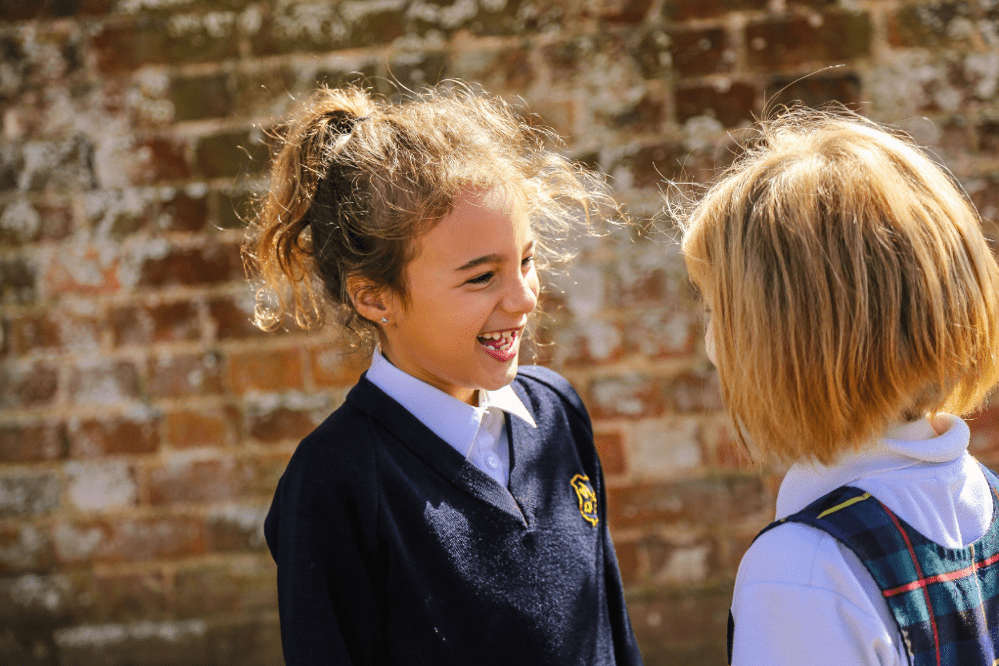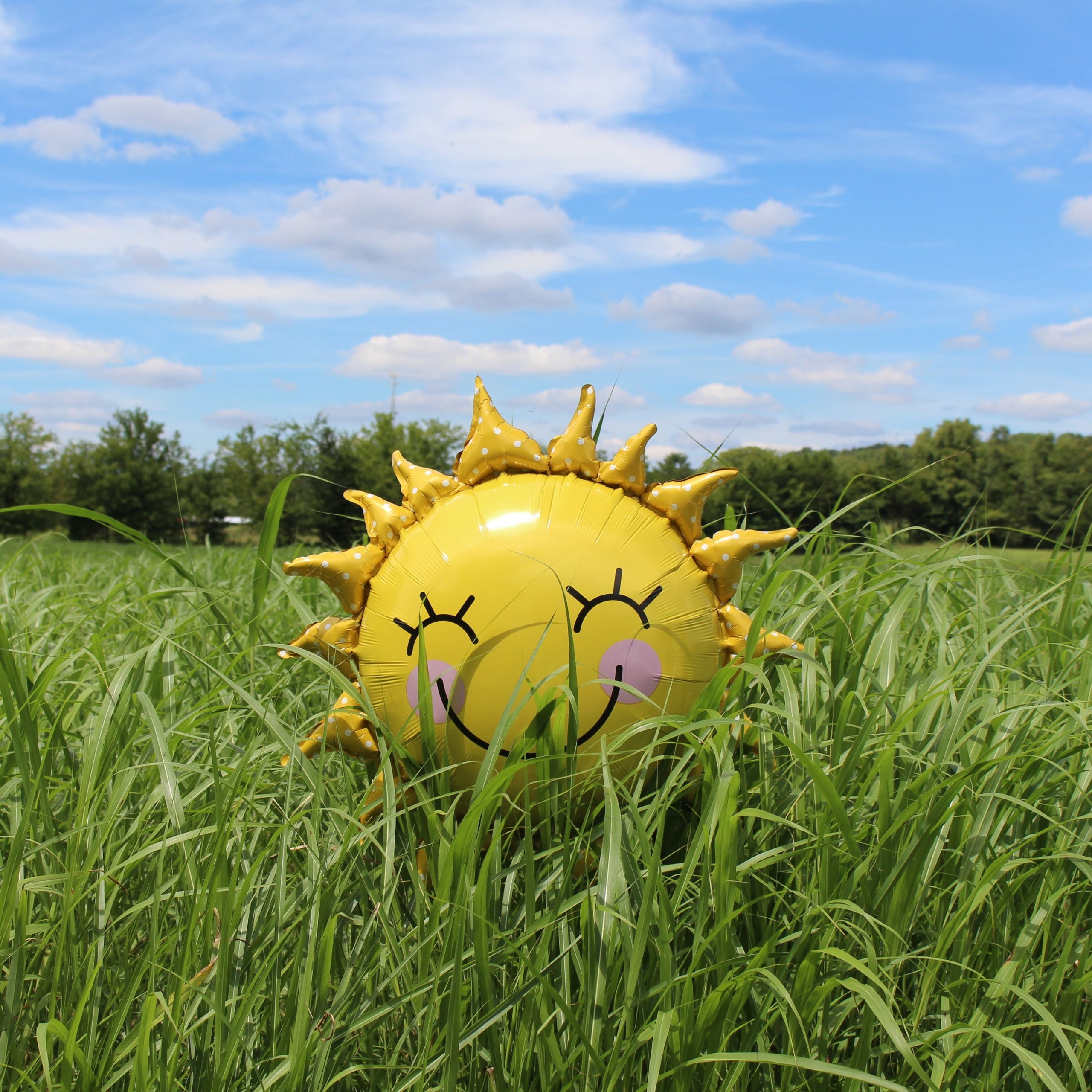While the Great British summer may not always be reliable, we still hope for some sunshine during the holidays, as sunny days can be fantastic fun. In addition to this, many of you may be lucky enough to be heading somewhere abroad for a family holiday. With this in mind, it’s essential to remember to keep yourself, and your children prepared for the sun, as sunstroke and dehydration can put a dampener on the sunniest of outings. More importantly, sunburn can significantly increase the chances of skin cancer, cases of which have been rising scarily in the UK for the past decade. It is estimated that up to 86% of melanoma skin cancer cases were preventable. With this in mind, the following article includes the best advice on how you can ensure you and your family are suitably protected from the sun.
Know the Facts
Knowledge is key, and it’s vital to know the correct information on the power of the sun. Over the years, there has been a lot of false information and myths circulating regarding sun safety. Advice from the NHS.uk states:
· A suntan does not protect the skin from the sun’s harmful effects, so even if you ‘don’t burn’ you should still be wearing sunscreen during the daytime.
· During the summer months, it is still possible to burn, even if it is cloudy. Bear in mind that, even if it doesn’t feel hot, if you are planning to spend some time outside, sun cream should be applied.
· Minimum SPF for sun cream is 30; anything less will not provide you or your family with adequate protection. Check the bottle for the UVA protection star rating; you should be looking for a minimum of four stars. Most sunscreens have a use-by date of two to three years, and the effectiveness will begin to decrease after this.

Apply Sunscreen Correctly
If the layer of cream applied is too thin, it will not provide adequate protection, so make sure you’re generous with the application. It is recommended that you use sunscreen at least 30 minutes before going out in the sun, to ensure the skin has adequately absorbed it. Make sure all exposed skin is covered, including easily forgotten areas such as ears and neck. Always reapply sunscreen every two hours and after swimming.
Additional Protection
Hats, sunglasses and loose-fitting clothing are all good ways to reduce exposure to the sun, remember this should be done in conjunction with wearing sunscreen, and not as a replacement. Sunglasses should come with a mark stating protection from both UVA and UVB.

Be Aware of the Hottest Time
The sun is at its most potent from 11 am to 3 pm. During this time, very young children should be kept in the shade as much as possible, and older children should take regular breaks in the shade. Consider purchasing a sun break for big days out. They can be set up easily and provide shade in places that do not have a lot of shade, such as the beach.
Drink Extra Water
We all know about the risks of dehydration. Make sure you always have plenty of water to hand. Sometimes it’s not always easy to get children to drink enough, try having special cups or adding sugar-free squash and ice cubes to encourage them.

What Happens if We do Get Sunburn?
Should you or a member of your family accidentally get sunburn, don’t panic, there is usually no cause for alarm. Sunburn can be sore, but there are several ways to ease the pain. Apply a moisturising after-sun, such as aloe vera, to the area, keep it in the fridge for extra soothing. You can also take standard painkillers such as ibuprofen or paracetamol and make sure to keep the affected area out of more sun until fully healed.
St Peter’s Preparatory is a private school in Devon that has an outstanding academic record with children. Encouraging them to make exceptional progress in all areas of education and equip them with academic tools for the future.








